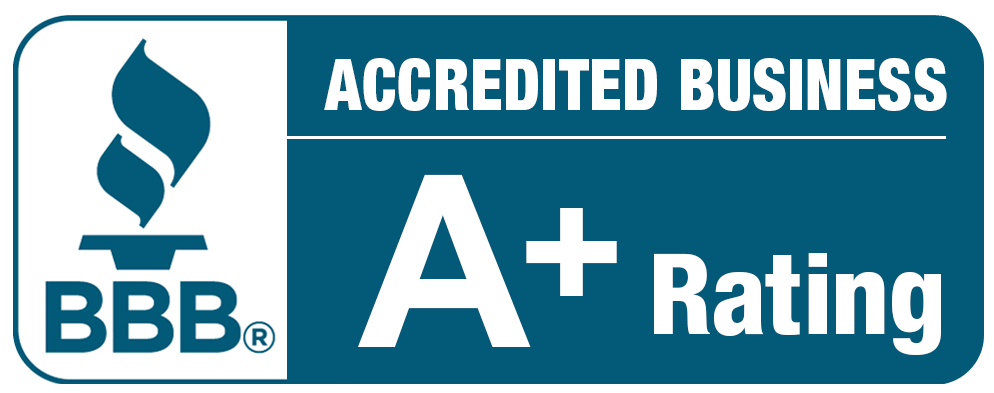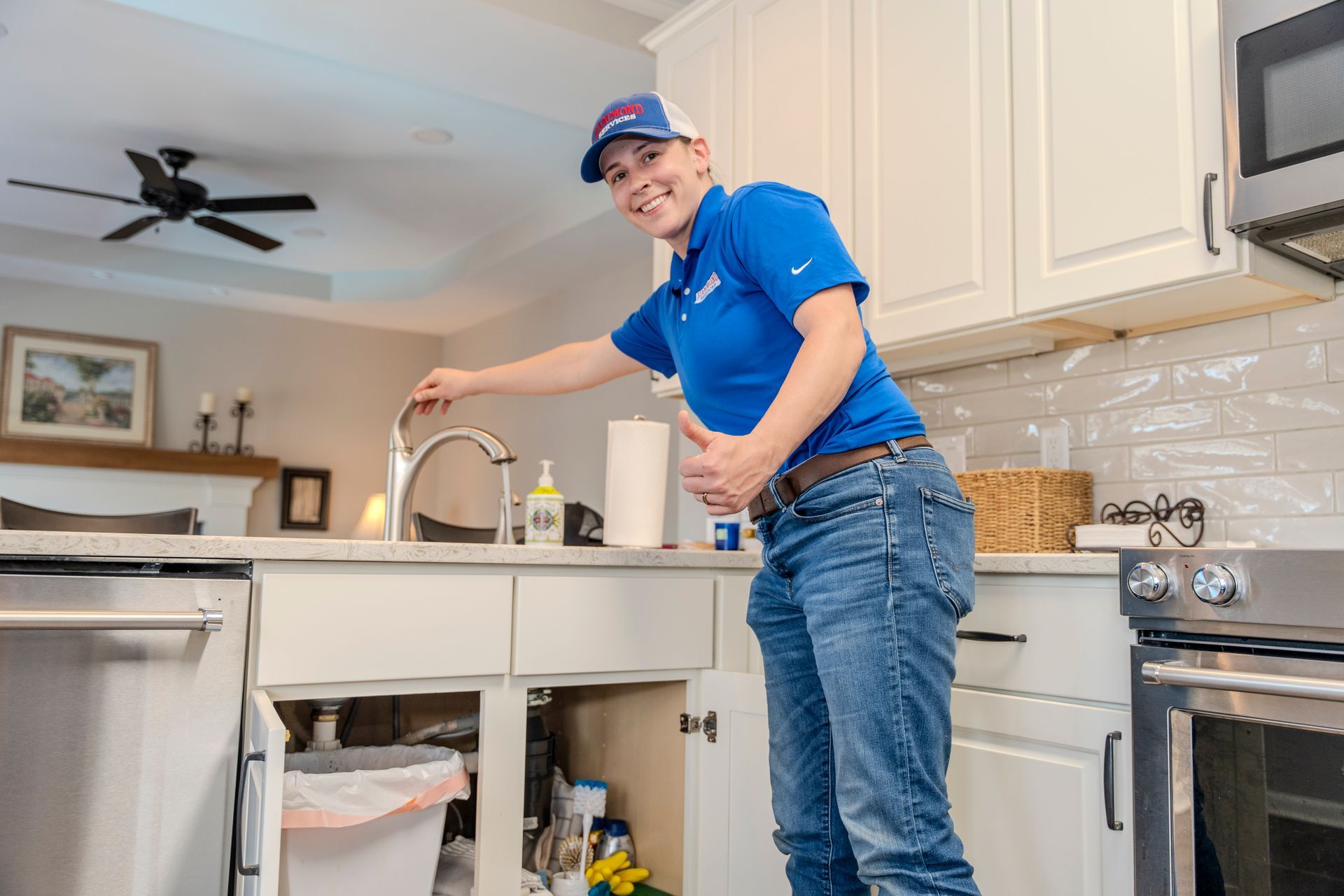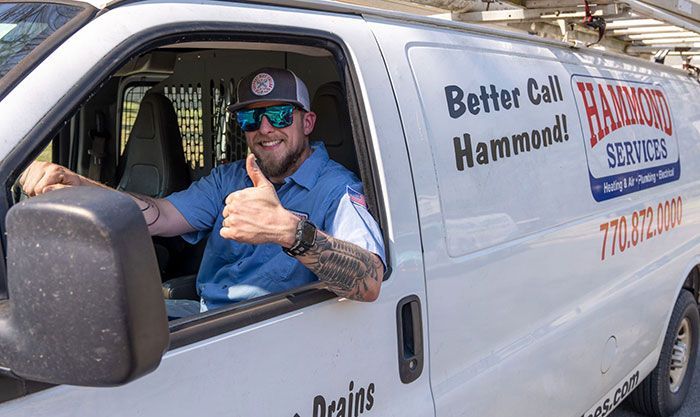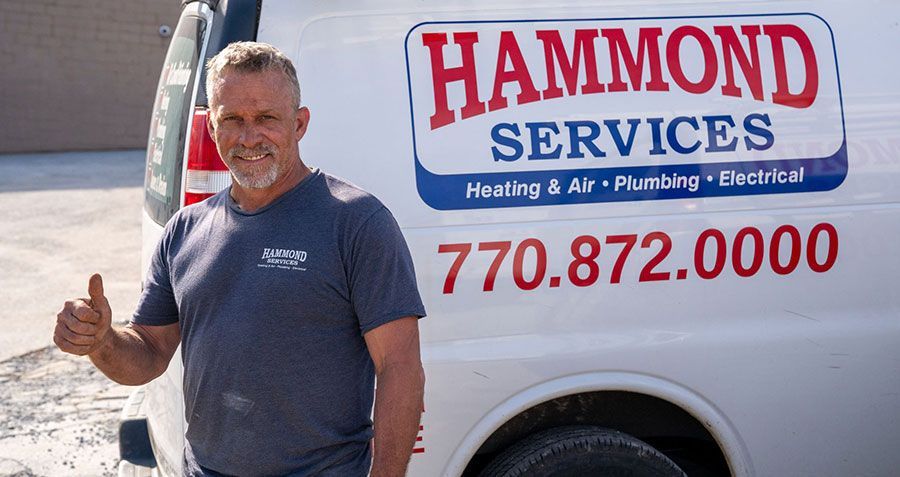7 Tips to Reduce Heat Usage This Winter
Autumn is the perfect season to reduce energy usage but as we approach the winter season, heating
efficiency becomes increasingly important. In our modern society, we often take for granted the abundance and ease of access to heat. Though in certain situations when warmth in your home is a “hot” commodity, you’ll want to hang on to every degree possible. Whether your goal is to save money on your energy bills or to ensure the safety of you and your family in an emergency situation, it is wise to learn some techniques in heat conservation. Below are seven tips to reduce heat usage this winter.
1. Stop messing with the thermostat- Yes we use the thermostat to control our home temperature, but we don’t need to exercise that power all the time. Remember efficiency is the name of the game. Heating systems are much more efficient when they run at a consistent temperature for longer periods of time. Just set it to your optimum temperature and let it do its job. If you suspect your thermostat is malfunctioning contact a professional nearby
2. Seal your doors and windows- The slightest space in between your door or window seals can cause your heating system to work overtime. If you are without heat, those leaks could cause your home to cool down dramatically. That’s why it is important to maintain your home's weather stripping. The last thing you want to do during inclement cold weather is let drafts in, and allow your warm indoor air to seep out. Stay locked in folks!
3. Let in the sunshine- When your home is a little chilly your first step is to usually reach for the thermostat, but not so fast. How about trying the old fashion way, open your blinds so that you can let in the sunlight. Early on in the day sunlight can warm up your home in a hurry. Even if you plan to turn the heat on, you can warm up your home with the sun first so that when your heating system kicks in, it doesn’t have to work so hard.
4. Close and seal unused vents and ducts- If there are rooms or specific areas in your home that you rarely use, be sure to close those vents. Closing vents in unoccupied rooms will redirect heat toward open vents in occupied rooms. Unsealed ducts can also promote energy inefficiency. Be sure to seal ducts to reduce the chance of heat loss, especially in uninsulated areas. The best method is to use a sealant around the joints of the ducts.
5. Make sure your attic is insulated- Whether or not your attic is finished or frequently used has little to do with its proven effects on your home's energy efficiency. Your addict should have a minimum of eleven inches of quality fiberglass insulation. In certain geographic regions, more insulation is certainly encouraged. Seal any cracks in your attic before installing insulation. Your home is most likely insulated in the occupied areas, nevertheless, you can consider reinforcing your current insulation. If a lack of heat persists there could be another issue, in that case, you should contact a heating repair technician as soon as you can,
6. Ceiling fans aren’t only for the summer- Do ceiling fans actually help reduce heating costs? Well they in fact do, but you must put those blades in reverse. Put simply, heat rises. Why have all that wasted warm air at the top of your home, when you can use ceiling fans to distribute that warm air throughout? During the summer ceiling fans spin counter-clockwise which cools down your home. Just flip the reverse switch and your fan will get to work dispersing warm air. Just as your ceiling fan saves you money on A/C costs, it’ll also come in handy this winter.
7. Bundle Up!- Though I am aware that most homeowners would rather not dress like they're going skiing while they relax at home, it doesn't mean it’s efficient to dress like we’re in the Bahamas while at home. You can dress appropriately to stay warm, while still being comfortable. Dress in layers so that you can conveniently cool yourself down when needed. Keep a pair of socks and or slippers on and maybe even a hat if you are chilly, Do not look past the benefits of a nice heavy blanket. It may be even more comfortable lounging around the house in a hoodie and a pair of sweatpants.
There are numerous ways to conserve heat this winter, and the most important thing you can do is be aware of your heat usage. Once you know what to look for, you’ll watch as your energy bill starts to descend.
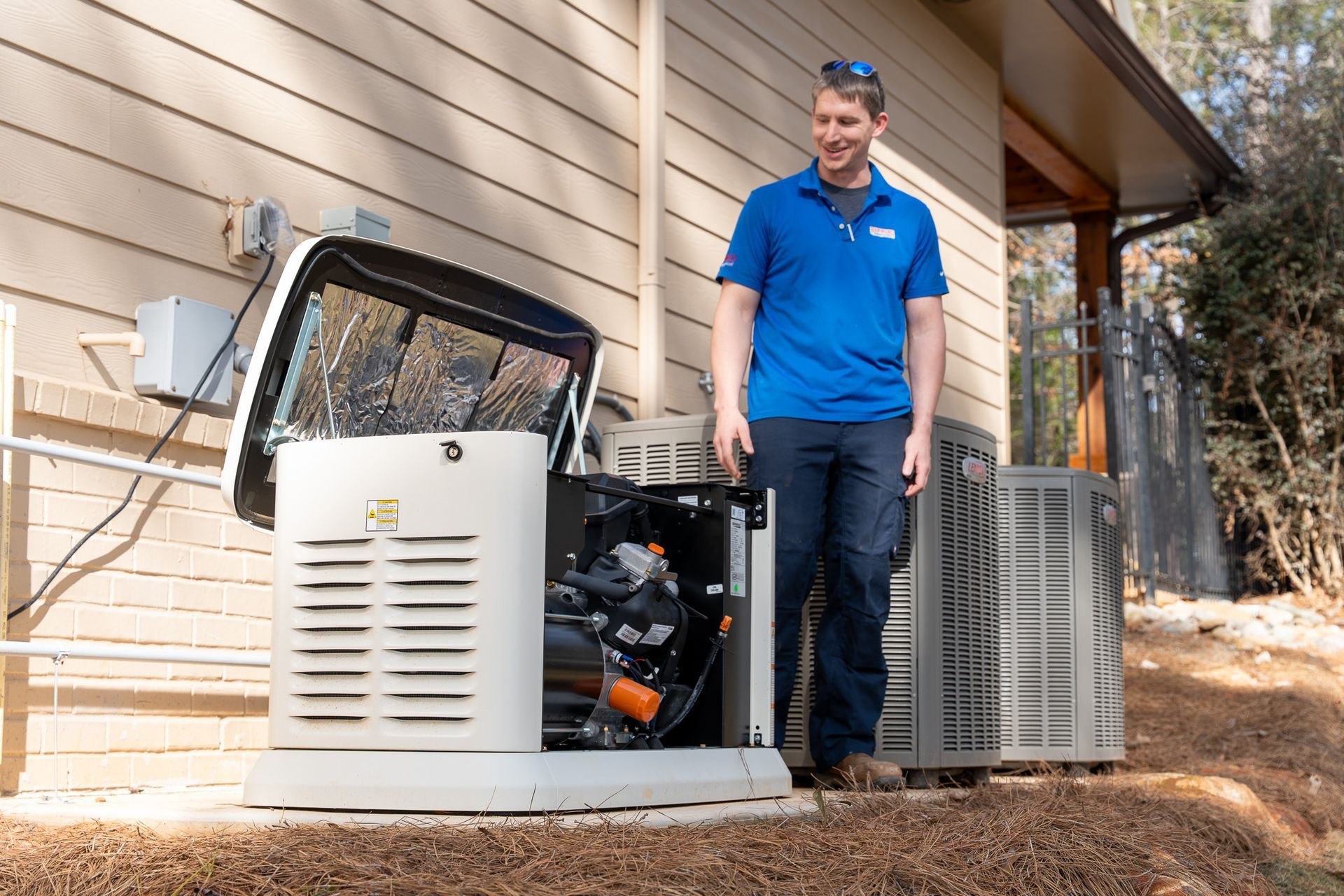
Summers in Georgia can be intense. Brutal heat and high humidity often make your home feel like a sauna. With air conditioning demands soaring, this can overload the power grid, leading to brownouts, partial power reductions that dim your lights and shut down non-essential appliances. While brownouts aren't as severe as blackouts, they can still cause disruptions, especially during Georgia’s hottest months. For tips on how to prepare for power outages, including stockpiling essential items, check out the Power Outage Preparedness Tips from Georgia Electric Membership Corporation . The Challenge of Summer Brownouts in Georgia Brownouts occur when the electrical grid becomes overloaded, and utility providers reduce the voltage temporarily to avoid a complete power failure. This is especially common during Georgia’s brutal heatwaves and thunderstorms, two weather events we see all too often in the summer. With the extreme heat, high humidity, and unpredictable storms, having reliable power becomes crucial for Georgia homeowners. Although a short power dip might seem minor, brownouts that last for hours can have serious consequences. Here’s why: 1. Health Risks for Pets and Babies The heat can be dangerous, particularly for pets and young children. Without air conditioning or fans, temperatures inside your home can rise quickly. Pets, especially those with thick fur, are at risk of heatstroke and dehydration. Babies, who have a harder time regulating their body temperature, are also vulnerable to overheating, which can lead to serious health issues. 2. Impact on Medical Devices For people who rely on powered medical devices like oxygen concentrators, CPAP machines, or refrigerated medications, brownouts can be life-threatening. The high humidity in Georgia can make respiratory conditions worse, making it even more critical to maintain a steady power supply for medical needs. 3. Food Spoilage & Home Disruptions During a brownout, refrigerators and freezers may not run at full power, which can cause food to spoil more quickly. Perishable items like dairy, meat, and seafood can become unsafe to eat in just a few hours without consistent cooling. This can lead to wasted groceries and potential health risks if spoiled food is consumed. Investing in a backup generator can help keep your refrigerator running and prevent costly food loss during extended power disruptions. Preparing for Power Disruptions Year-Round Although summer brownouts are a common issue, power disruptions can also occur during other seasons. For example, winter blackouts in Georgia can bring dangerous cold temperatures and heating system problems. For more insights on preparing for power outages throughout the year, check out our blog on Generac Generator Maintenance: Keeping the Power On When It Matters Most to ensure you're ready for any unexpected disruptions. How to Prepare for Brownouts in Georgia The best way to protect your home from the effects of summer brownouts is to prepare in advance. One of the most effective solutions is investing in a generato r. Whether you choose a whole-home standby generator that automatically kicks in when power drops, or a portable generator to keep essential appliances running, having a backup power source can keep you out of the dark when the grid goes down. Here’s how you can be ready: Backup Generators: A whole-home generator is a reliable way to keep essential systems like air conditioning, refrigeration, and medical devices powered during brownouts. These generators automatically turn on when the power goes out, ensuring your home stays functional. Portable Generators: If a whole-home generator isn’t in your budget, a portable generator can still power critical appliances, like your fridge and AC, during a brownout. Energy Conservation: Being mindful of energy usage, like running appliances during off-peak hours or keeping blinds closed to block out heat, can help reduce stress on the power grid. Electrical Inspections & Repairs: It’s also a good idea to have an electrical inspection done to make sure your home’s wiring can handle the additional load. If there are any issues, electrical repairs can ensure your system is ready for whatever the summer brings. Stay Ahead of Summer Outages in Georgia Summer brownouts are a reality here in Georgia, but with the right preparation, you can minimize the impact on your home and family. Investing in a generator, practicing energy-saving habits, and scheduling an electrical inspection will help you stay cool, keep your loved ones safe, and avoid the frustration of power interruptions. Don’t wait until the next heatwave. Take action now to stay powered all summer long. Ready to Stay Powered All Summer? Don’t let summer brownouts disrupt your comfort or safety. For expert advice on generators, electrical inspections, and electrical repairs in Griffin, Newnan, Stockbridge, or nearby areas, Hammond Services here to help! We’ll ensure your home stays cool, secure, and fully operational, no matter what the weather brings. Contact us today to schedule your services and enjoy a worry-free, comfortable home this season!
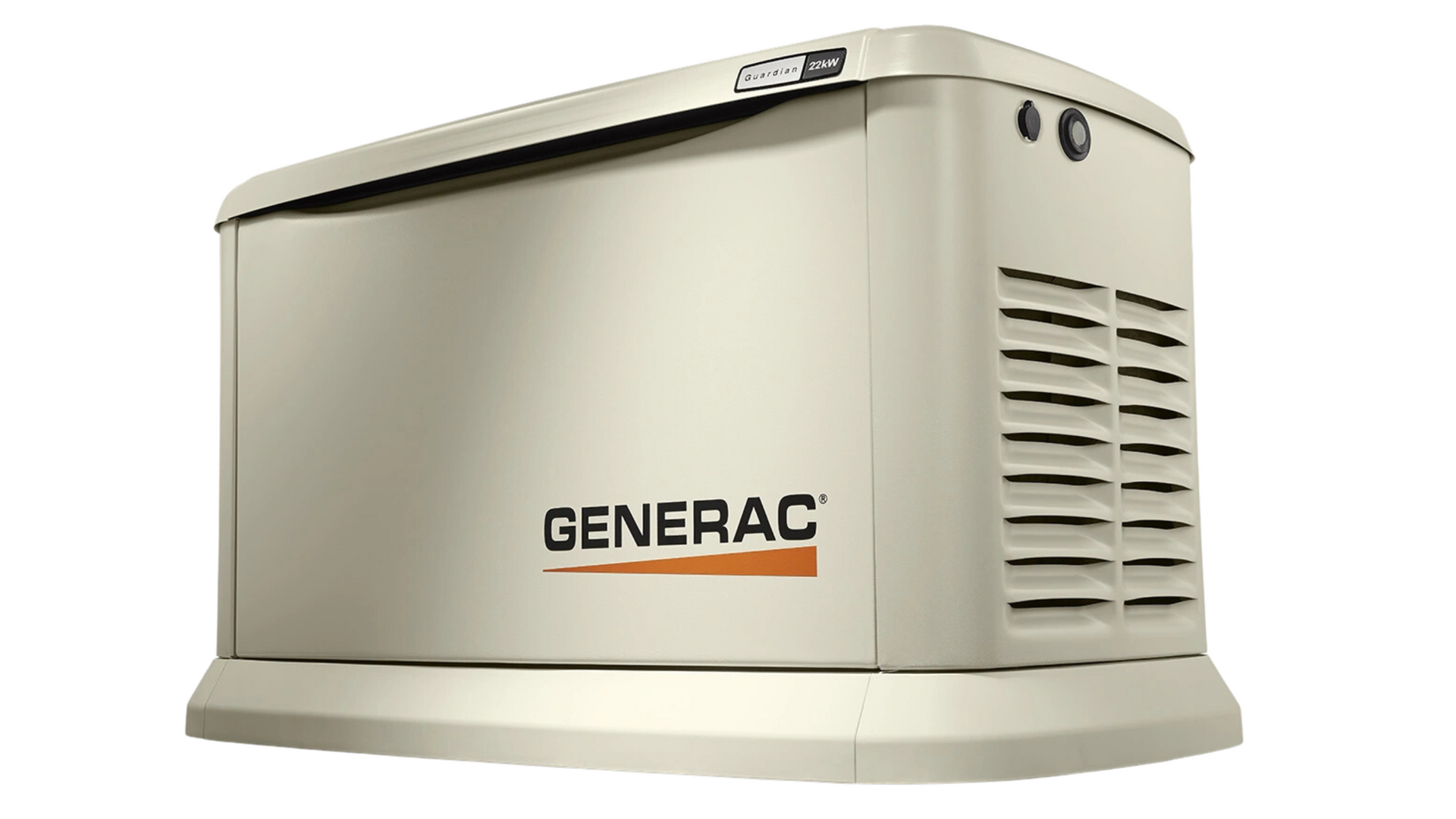
Winter blackouts, especially during ice storms, can bring life to a standstill, leaving families vulnerable to freezing temperatures and disrupted routines. Ice storms are particularly dangerous, as freezing rain can build up on power lines and trees, causing outages and hazardous conditions. Losing power for just 4 to 5 hours in these conditions can create serious challenges, especially for families with pets, babies, or individuals relying on medical devices. Impact on Those in the Home Pets are highly sensitive to temperature drops, particularly for smaller or short-haired breeds. Without heat, they may struggle to stay warm, risking illness. To prepare, keep extra blankets or bedding for them and consider portable, pet-safe heating options. Ensuring your pets remain comfortable during an outage is crucial for their health and safety. For babies, maintaining a warm environment is essential for their well-being. Without heat, dress them in layers and use portable heating pads. Having these preparations ready ensures your little one stays safe and comfortable during a power outage. For individuals who rely on medical devices, power outages can be a serious concern. Devices like oxygen concentrators or CPAP machines require uninterrupted power. Additionally, medications that need refrigeration must be protected. Backup power solutions, such as battery systems or whole home generators, can help avoid emergencies during extended outages. The Importance of Knowing Your Power Status Staying informed about your power status is a vital part of winter preparedness here in Georgia. Many utility companies offer apps and alerts that let you track outages, assess restoration times, and plan accordingly. This information helps you decide if relocating temporarily or relying on backup power is necessary. Generac Generators: A Reliable Solution Investing in a Generac generator is one of the most effective ways to safeguard your Austell, Griffin, Newnan, and Stockbridge home during winter outages. These generators provide continuous power, keeping heating systems, lights, and essential devices up and running. With a whole-home generator, you can maintain comfort and security for your family, pets, and medical needs, even during prolonged outages. Call Hammond Services today or fill out our contact form to explore backup power solutions like Generac generators, and keep your home safe, warm, and ready for any storm.

Living in areas like Austell, Stockbridge, Newnan, and Griffin means enjoying a variety of home styles, from charming older houses to modern builds. However, regardless of your home's age, electrical outlets can sometimes stop working, leaving you scratching your head. Here are some common reasons why an outlet might stop functioning, and how Hammond Services can help with electrical issue resolution and electrical safety inspections. 1. Tripped Circuit Breaker One of the most common causes of a non-working outlet is a tripped circuit breaker. Circuit breakers are designed to protect your home from electrical overloads. If you’ve been using multiple high-powered devices like space heaters, hair dryers, or kitchen appliances in one area, the breaker might have tripped to prevent overheating. Locate your breaker box, look for a switch that’s out of alignment, and reset it by flipping it off and then back on. If the breaker trips again, it’s time to call a professional to assess the circuit’s load capacity and ensure electrical safety in your home. 2. GFCI Outlet Reset Needed If your outlet is near water—like in kitchens, bathrooms, or outdoor areas—there may be an issue with a Ground Fault Circuit Interrupter (GFCI) outlet. GFCI outlets are designed to cut power when they detect moisture or a surge, protecting you from electrical shocks. These outlets have a reset button that pops out when they trip. Simply press the button to reset it. If resetting doesn’t restore power, the GFCI itself may be faulty, or there could be another electrical issue in the circuit. For additional tips on improving your home’s electrical safety and efficiency, check out this article from Hammond Services: What Electricians Can Do for Homeowners. 3. Loose Wiring or Connections Outlets can stop working due to loose or damaged wiring, especially in older homes. Over time, wires can degrade, leading to poor connections that may cause the outlet to fail. This electrical issue can create a safety hazard, including the risk of electrical fires. A professional inspection can identify and resolve these problems, ensuring your home remains safe and functional. 4. Faulty Outlet Over time, outlets can wear out, particularly if frequently used. If your outlet has been heavily used or is outdated, it may simply need replacing. Frequent plugging and unplugging can cause wear and tear, eventually leading to failure. Hammond Services provides reliable outlet replacement services, prioritizing electrical safety in every upgrade. 5. Hidden Issues If you’ve checked the breaker and reset your GFCI but the outlet still doesn’t work, there could be deeper wiring issues at play. Sometimes the problem isn’t with the outlet itself but lies deeper within your electrical system. Faulty wiring, overloaded circuits, or even pest damage can cause disruptions. If your outlet still doesn’t work after checking the breaker and GFCI, it’s best to have a professional electrician diagnose the electrical issue and ensure your home’s electrical safety. For more detailed information on home electrical systems, you can refer to the U.S. Energy Information Administration's guide on Electricity Explained . Call Hammond Services Today! If your outlet isn’t working in Austell, Stockbridge, Newnan, or Griffin, Hammond Services is here to help! We offer a wide range of residential electrical services, including free home electrical evaluations, to ensure your electrical system is safe and efficient. Contact our licensed electricians for reliable and affordable solutions. Better Call Hammond today! Or fill out a service request to get started.

